Elon Musk has filed a lawsuit against OpenAI and its founders, Sam Altman and Greg Brockman, accusing them of having abandoned their initial challenge of creating artificial intelligence (AI) “for the benefit of humanity as a whole”. Co-founder and supporter of OpenAI, Musk was approached by Altman and Brockman in 2018 to launch OpenAI as a non-profit organization, with the goal of making AI. Technology “freely available” to the public.
Three years after its creation, in 2018, the entrepreneur moved away from the Los Angeles company. He nevertheless continued to support OpenAI, with contributions amounting to USD 44 million between 2016 and 2020. As part of the Los Angeles complaint, Musk's lawyers argue that OpenAI and its founders abandoned the goal of the business non-profit company through their partnership with Microsoft. This partnership, concluded in 2019, saw the tech giant provide the commercial arm of the company, OpenAI Global, with USD 1 billion, followed by an additional investment of USD 10 billion in 2023.
“To this day, the OpenAI, Inc. website maintains that its charter is to ensure that AGI (artificial general intelligence) benefits all humanity. In reality, however, OpenAI, Inc. has been transformed into a de facto closed-source subsidiary of the world's largest technology company: Microsoft,” the complaint states. The lawyers argue that OpenAI's technology, including GPT-four, is created "primarily to serve Microsoft's proprietary commercial interests."
This legal motion raises fundamental questions about the future of artificial intelligence and its accessibility. It highlights the tensions between OpenAI's original philanthropic goals and the commercial realities that can influence the development and distribution of breakthrough technologies. Elon Musk's decision to sue OpenAI and its founders could mark a turning point in how companies and nonprofits collaborate in AI, underscoring the importance of remaining true to their original missions while navigating the complex landscape of business interests.



Share: